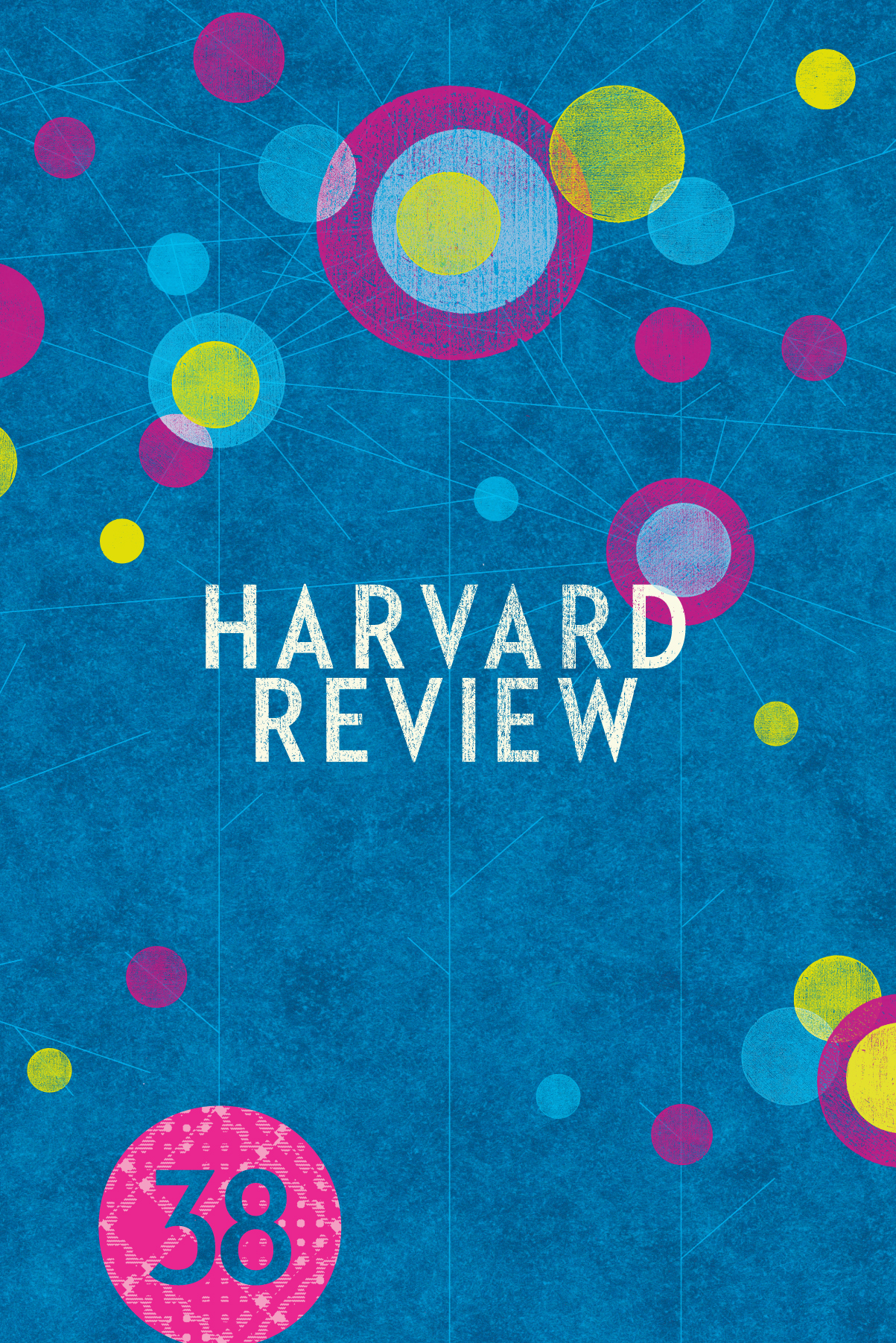HR 38 Editorial
by Christina Thompson
There is so much Sturm und Drang in publishing these days it’s hard to keep up. How are we to feel about Google Books? What will the effect of the iPad be? Will ebooks be good or bad for publishers? Is Rome burning or is that glow on the horizon the dawn of a new era of opportunity? The demise of publishing has been predicted almost from the invention of the codex, but there is little question that we are in the midst of something big. It seems on the surface to be a matter of delivery systems, that is, the impact of electronic publishing on an industry designed to produce printed paper. But the question of how these systems work brings in its wake the much more fundamental issues of who controls them and what kind of content they contain, in other words, the very heart and soul of publishing.
I do not pretend to know where this is all going, but I have noticed a few things that I would place in the category of harbingers. Publishers, it seems to me, are operating in a climate of increasing anxiety, driven by legitimate uncertainties about their business model and how it’s going to have to change. But while fear is a great motivator when you know what you have to do, it is a bad basis for decision making. All too often these days it seems as though the decisions about what to publish revolve not around the virtues of a given work but around the fear that it might not bring in stacks of money.
An obvious case in point is Paul Harding’s book Tinkers, which recently won the Pulitzer Prize for Fiction after having been rejected by countless agents and publishers. It’s not that these assessments of Paul’s work as “uncommercial” were incorrect—anyone who has read him will know that “commercial,” in the sense of immediately accessible or familiar, is not the first adjective that springs to mind—it’s that this was the wrong basis on which to judge the book.
One might argue that it’s easy enough to criticize from outside the world of profit margins. But I think that even in this climate—maybe especially in this climate—publishers would benefit from a more daring and honest mode of decision making, one in which the virtues of the thing itself were allowed to outweigh hypothetical projections of its marketability. What if the primary question were not Will it sell? but Is it good?
I realize, of course, that “good” is not some kind of simple universal category—there will be those who do not like Paul Harding’s work no matter how many Pulitzer Prizes he wins—but that’s okay. We need diversity of informed, sophisticated opinion in publishing, just as we need it in every other sphere of life. What we don’t need is a relentless march toward the middle, a huddling together in the safest spot. We don’t need publishing decisions driven by some algorithmic notion of what the greatest number of people might be most likely to buy.
Harvard Review is mercifully shielded from the vicissitudes of the marketplace, which means that we can publish what we like for no other reason than that we like it. This is how we came, way back in 2002, to publish a somewhat unlikely story by an unpublished writer named Paul Harding (in an issue, I should add, that also featured the work of John Ashbery and John Updike). We were naturally delighted to learn of Paul’s success, but not overly surprised. This, after all, is what we’re here for: to publish writers who might not otherwise get a hearing, a job that seems even more important nowadays than it has ever been before.
In this issue we are pleased to present yet another eclectic constellation, including work by novelists Jess Row, Robert Anthony Siegel, Gabriel Brownstein, and David Francis; a wonderful translation of the French writer Georges-Olivier Châteaureynaud; poetry by Michael S. Harper, Charles Simic, Laura Kasischke, and Mary Jo Bang; and an essay by Elisa Gonzalez, who is publishing here for the very first time. We also want to take this opportunity to express our sadness at the passing of Louise Bourgeois: a great artist and creator, and an example not only to women but to imaginative people everywhere.
Published on November 10, 2024
First published in Harvard Review 38

